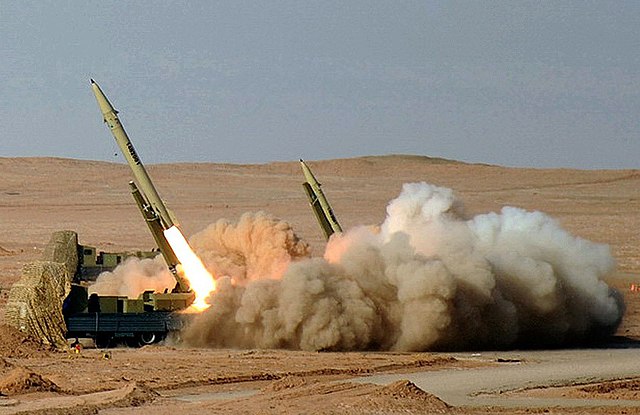By Maura Sokol
Image: Ahmed Farwan - Saudi Troops in Yemen License: Creative Commons License
Prime Minister Ahmed bin Dagher has accused southern
separatists in Yemen of attempting a coup after fighting began in the country’s
southern port city, Aden. The separatists are known as the Southern
Transitional Council (STC). The STC is led by Aidarous al-Zubaydi, the former governor
of Aden who was forced out of his position by President Abed Rabbo Mansour
Hadi. Fighting first broke out on Sunday, January 28th, when a deadline
expired that the separatists had issued demanding the resignation of the government.
The separatists seek independence for the southern part of Yemen, which was
previously a separate country before a unification with the northern part of
Yemen in 1990. The Southern Transitional Council has now demanded the removal
of the Prime Minister and accused the government of corruption. In just a few
days, the council has seized control of most of Aden and surrounded the
Presidential Palace, which contains members of President Hadi’s government.
The President himself is based in Riyadh.
The conflict between President Hadi’s government and
the separatists calls into question the stability of a coalition that has been
fighting on the same side of the Yemeni Civil War
since 2015. Hadi’s government is backed by Saudi Arabia, which leads a
coalition of nine other countries in a military intervention against the Houthi
movement. The civil war began when the Houthi movement, which supports Yemen’s
Shia Muslim minority, rebelled against the government. The Houthis now control Yemen’s
capital, Sanaa, and much of northern Yemen. Although the Saudi-led coalition
has been fighting in support of Hadi’s government for the past three years, the
United Arab Emirates is a key member of the coalition and supports the southern
separatists. The separatists are financed and armed by the UAE, while Saudi
Arabia supports Hadi’s government. Al-Zubaydi has made public comments since
the fighting began declaring that the separatists remain committed to the
coalition and to driving the Houthis out of Sanaa.
President Hadi’s government and the UAE have been in
conflict for most of the existence of the coalition. The UAE has taken
advantage of the situation to secure control over oil and gas ports in southern
Yemen, and President Hadi has publicly accused the UAE of acting as an occupier
in Yemen. President Hadi is also allied with the Islah Party, a branch of the
Muslim Brotherhood and a known enemy of the UAE.
As of Wednesday, the International Red Cross reported
at least 36 killed and 185 wounded in this week’s fighting. The larger Yemen
crisis has been declared the world’s worst
man-made humanitarian disaster by the United Nations. According to the UN
Human Rights Council, over half of the people who have been killed in the
conflict are civilians, and civilians are the victims of repeated and
“unrelenting violations of international humanitarian law.” Air strikes from
the Saudi-led coalition are the leading cause of overall civilian casualties. Currently
about 22.2 million people, or about 75% of Yemen’s population, are in need of
humanitarian assistance.





